Even though it has never been tested in battle, the military has a long tradition in neutral Switzerland, stretching far beyond the army knives.
All able-bodied Swiss men from the age of 18 until 30 are required to serve in the armed forces or in its alternative, the civilian service.
The way it works is that all Swiss men receive a summons the year they turn 18 to attend an information day on basic training and the military service.
According to the official government site, “on this day, conscripts decide when they will be doing their basic training”.
They must be recruited at the earliest the year they turn 19 and at the latest the year they turn 24.
“The recruitment process takes two to three days. A doctor determines whether you are fit to serve in the military. Those who are found fit to serve go on to attend an assignment interview based on which they are assigned the function they will be trained in at basic training.”
Afterwards, soldiers must attend six three-week refresher courses for nine years; on the 10th year, they are discharged from military duty.
This is mandatory for all Swiss men, unless they have been deemed unfit to serve because of health or other issues.
The key word here is ‘Swiss’ — so does this mean that foreigners are exempted from this duty?
The answer is ‘yes’, they are exempted — but there are nuances.
Who exactly is ‘Swiss’, anyway?
If you have been living in Switzerland and following ongoing debates about foreigners and naturalisations, then you know this issue is not only complex, but that it also sometimes causes confusion.
For instance, if you have immigrated to Switzerland but have since been naturalised, then you are considered Swiss and, therefore, must serve in the military — even though you may retain your former nationality as well.
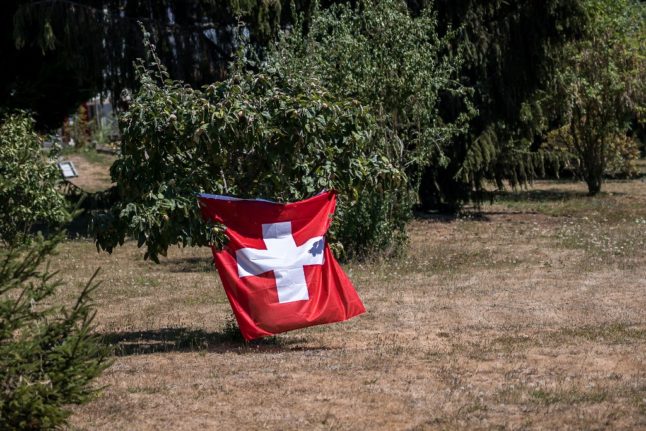
There is, however, one exception: the obligation to serve will be waved, provided you can show that you have fulfilled your military duties in your other home country.
This obviously applies only if you are of ‘military age’ (as mentioned above); if you are over 30, then you are exempted.
On the other hand, the military obligation doesn’t apply to young men who were born in and have always lived in Switzerland, but who don’t have a Swiss citizenship.
These are the so-called second and third-generation ‘foreigners’.
Unlike many other countries, being born in Switzerland doesn’t automatically mean the person is Swiss.
If their parents were born abroad and still hold foreign passports, a person will not obtain Swiss citizenship at birth.
Even though they were born in Switzerland and may consider themselves to be Swiss, they have the same nationality as their parents and will continue to be considered as foreigners – until and unless they become naturalised.
READ ALSO: Why so few third-generation Swiss are actually ‘Swiss’?
So an obvious paradox here is that people born abroad but who are naturalised serve in the Swiss military, while those born in Switzerland but who still hold foreign passports don’t.
In the eyes of the law, the former are more ‘Swiss’ than the latter.
What about foreign women?
There isn’t compulsory conscription for women, but they can choose to join, provided they are, like their male counterparts, Swiss.
Do the same rules pertain to the civilian service?
This alternative to compulsory military service is an option for those who must perform military service but have a ‘conflict of conscience’.
It, too, is for Swiss citizens only.

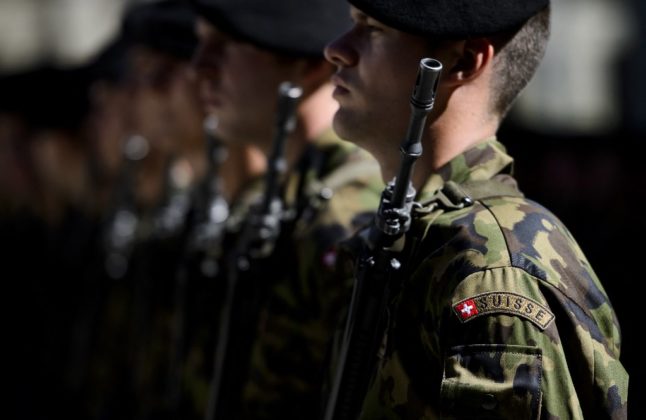
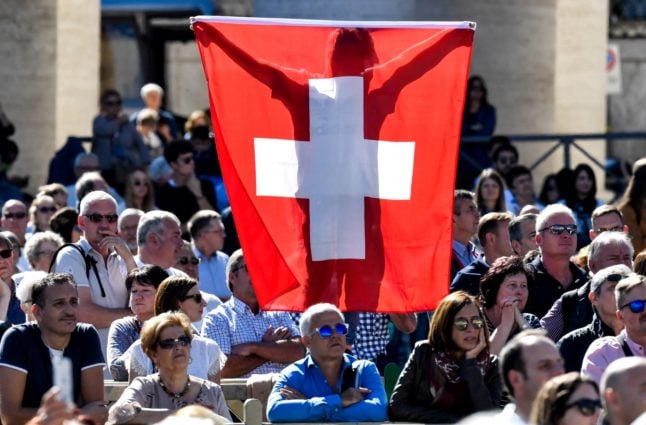
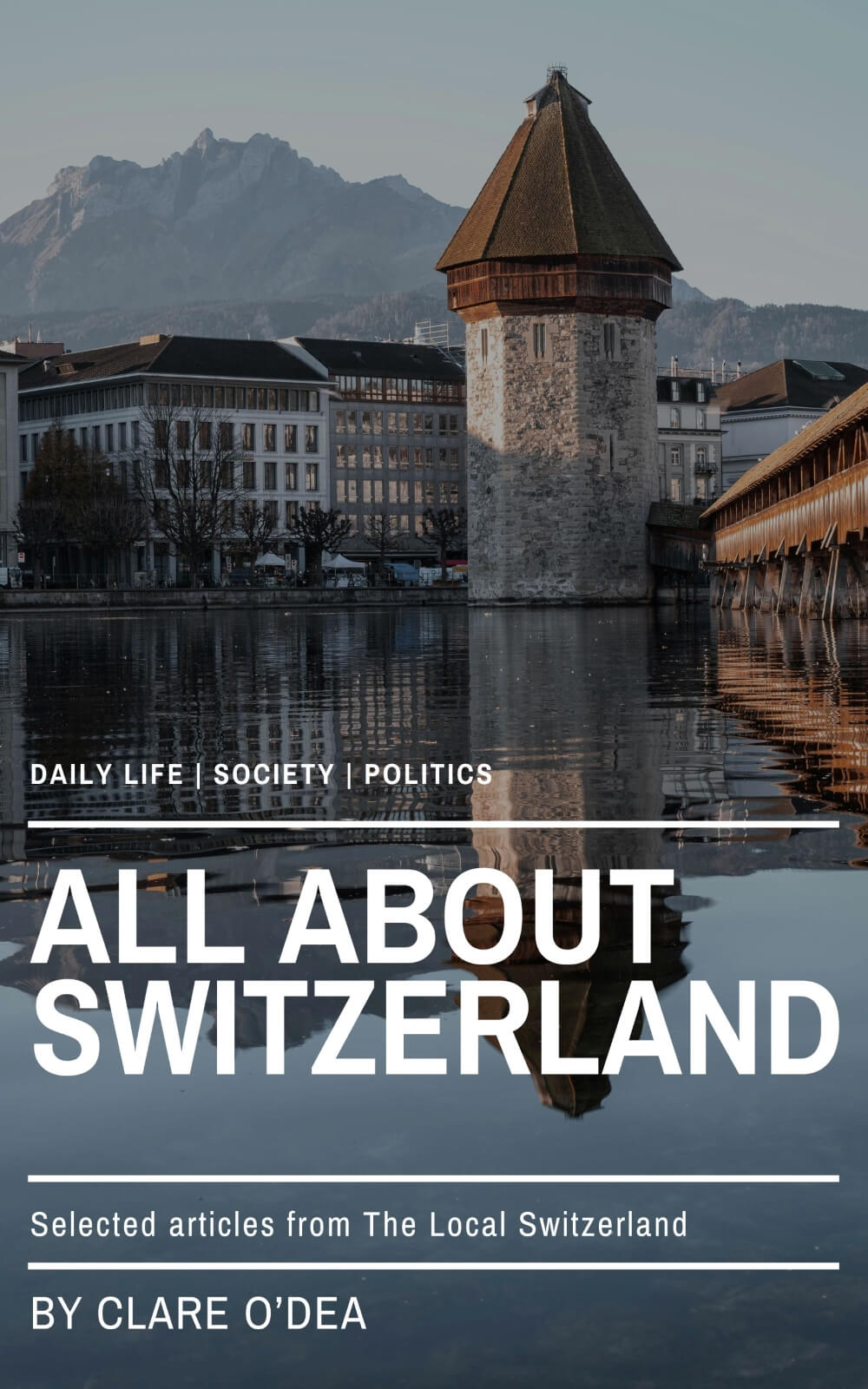
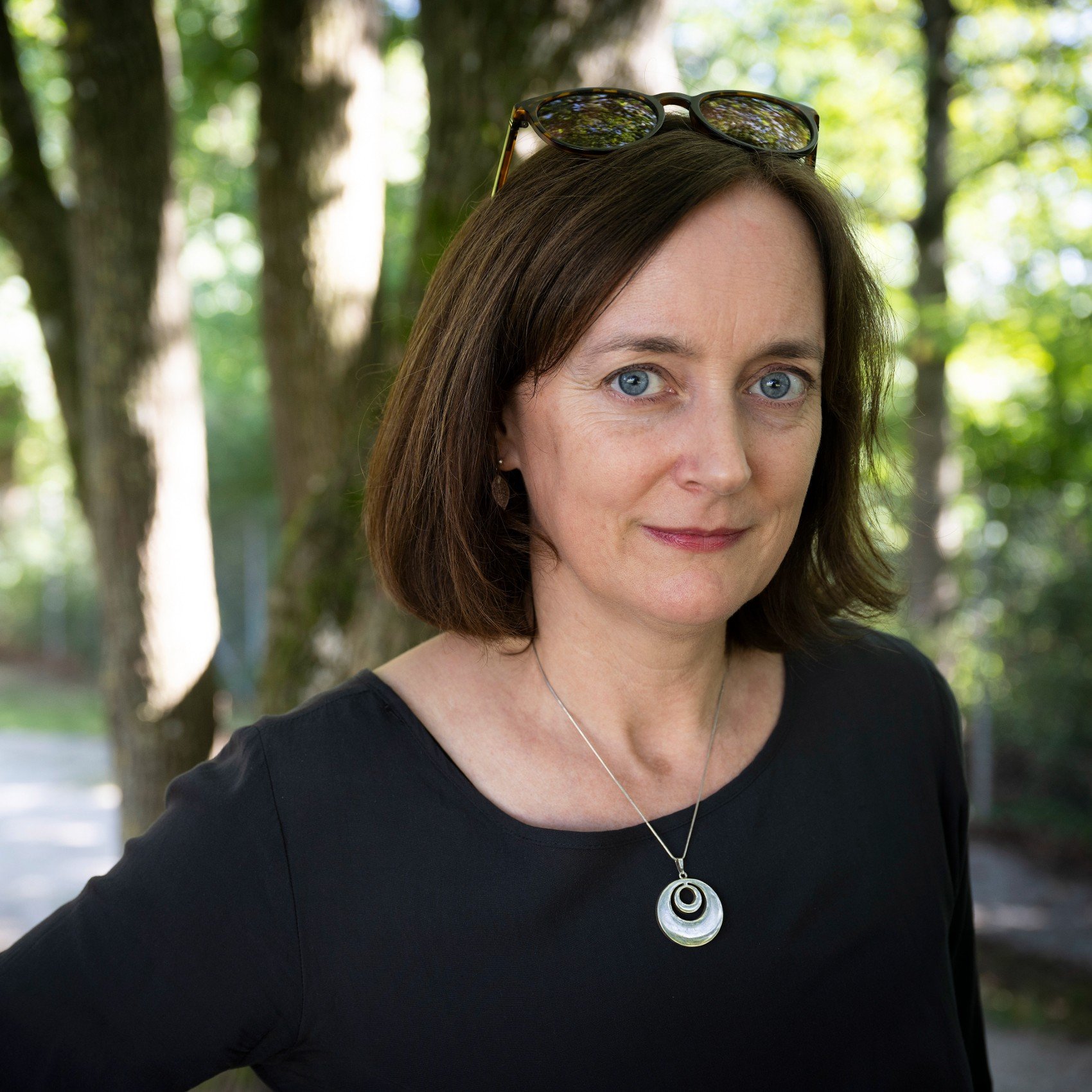
 Please whitelist us to continue reading.
Please whitelist us to continue reading.
Member comments